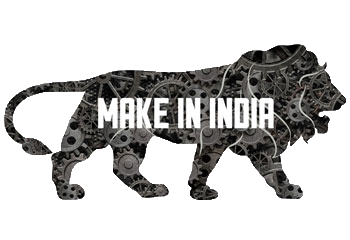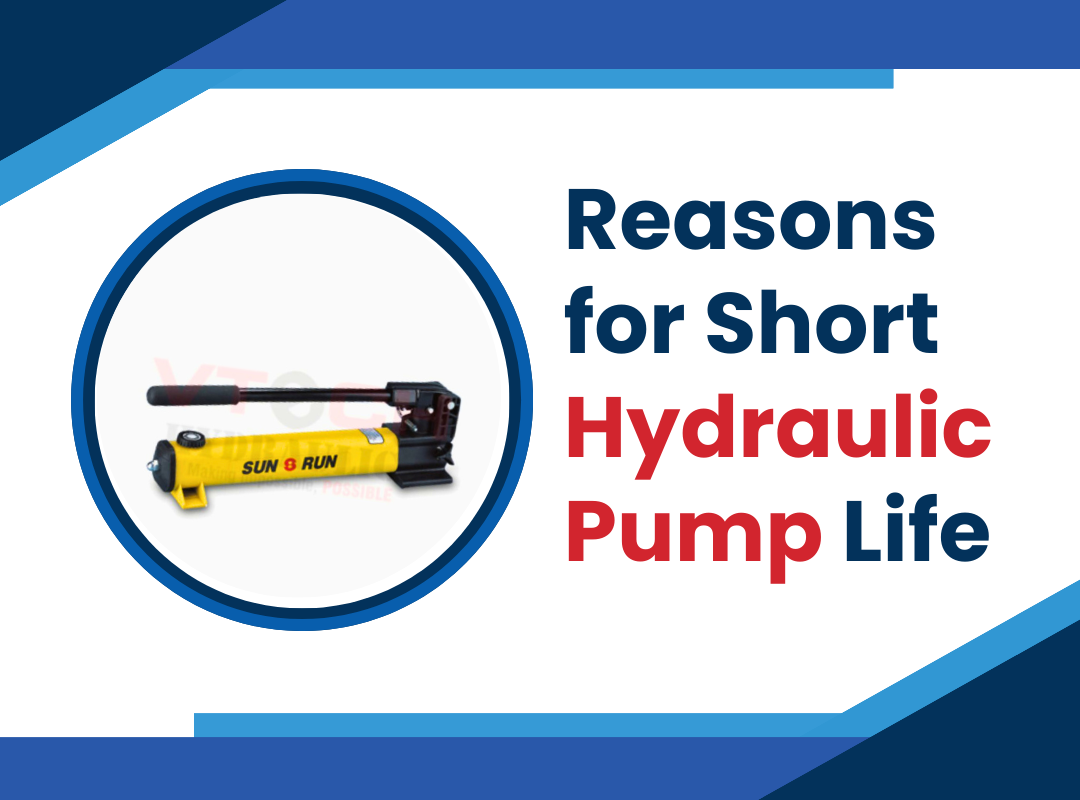Are you changing your hydraulic pump often? Then there are some serious problems to be addressed. Short hydraulic pump life not only costs you a hefty replacement cost but also cuts short the productivity with downtime. So analyzing the reasons for the short pump life is crucial.
This article points out some common factors that affect pump life. By reading it, you can make an informed decision when buying hydraulic pumps and maintain them correctly.
Now let’s get started.
Oil Contamination
85% of ball bearing failures occur due to oil contamination like dirt, water, or foreign material. For instance, water-combined oil can reduce the bearing life by half. So oil service life is important. You must not operate a pump with the same oil for a long time. If you don’t clean the sludge or varnish accumulated, the contaminants will reach the hydraulic pump through hoses or tubes and contaminate the fluid.
Wrong Pump Selection
This factor is important and most probably the first thing to check while setting up your hydraulic system. While hydraulic pumps are of different types, choosing the ideal one that is smooth and long-time is not easy but necessary.
Some factors to be considered while investing in hydraulic pumps for smooth and long-time operation are
Pump inlet operation,
Flow rate and pressure
Working environment
Material compatibility.
Wrongly Assembling the Components
The word “wrong assembly” here refers to incorrect insertion depth, improper valve adjustments, incorrect pump shaft rotation, and much more. So if you fail to assemble the hydraulic components correctly, it can damage the pump. For instance, it might explode if you don’t insert the hose when the pump is subjected to high pressure.
So checking the pump pressure compensator and relying on valves are crucial.
Pipe Geometry
Often, this factor is overlooked. If there are many twists and turns in the hydraulic system, the fluid flow gets affected and results in poor system performance. So the pipes or hoses geometry also can impact the hydraulic pump working. Be cautious about it.
Pump Operating Temperature
The hydraulic pump operating temperature and the rate of temperature change will affect the pump’s life and reliability. So the hydraulic pump operating at a temperature has to be noted, and the pump must be designed to operate at that pace. Additionally, different masses and materials that expand and contract at different rates can also affect the pump’s life.
Pump Speed
The speed of the pump at which it is operated is also another factor. If a pump not capable of handling Hydraulic High Pressure is made to do it, it can wear out quickly and get damaged.
Fluid Properties
pH, viscosity, and specific gravity are crucial fluid properties that can affect the hydraulic pump’s life. For instance, if the fluid is acidic, the casing and impeller material needs a frequent check. Other factors that can negatively impact the pump include the size, shape, and abrasive qualities of the solids present in the fluid.
Impeller Balance
A shaft whip is a condition caused by some unbalanced impeller on a vertical design or overhung pump. The shaft is deflected just like the radial force does when the hydraulic pump operates away from the Best efficiency point. So it is recommended to balance the impeller at least to ISO 1940 grade 6.3 standards. If in case, the impeller is trimmed, then it must be rebalanced.
Conclusion
Frequent maintenance not only improves the overall working of hydraulic pumps and helps detect the root cause conditions that lead to their failure.
A hydraulic pump pushes and moves the hydraulic fluid through the hydraulic systems. So it holds a crucial role in hydraulic systems, and you can’t take chances on its working level. This article has highlighted the factors that can ruin the health of the hydraulic pump and shorten its life. So by considering the above-given points, you can easily extend the lifespan of this hydraulic pump.


